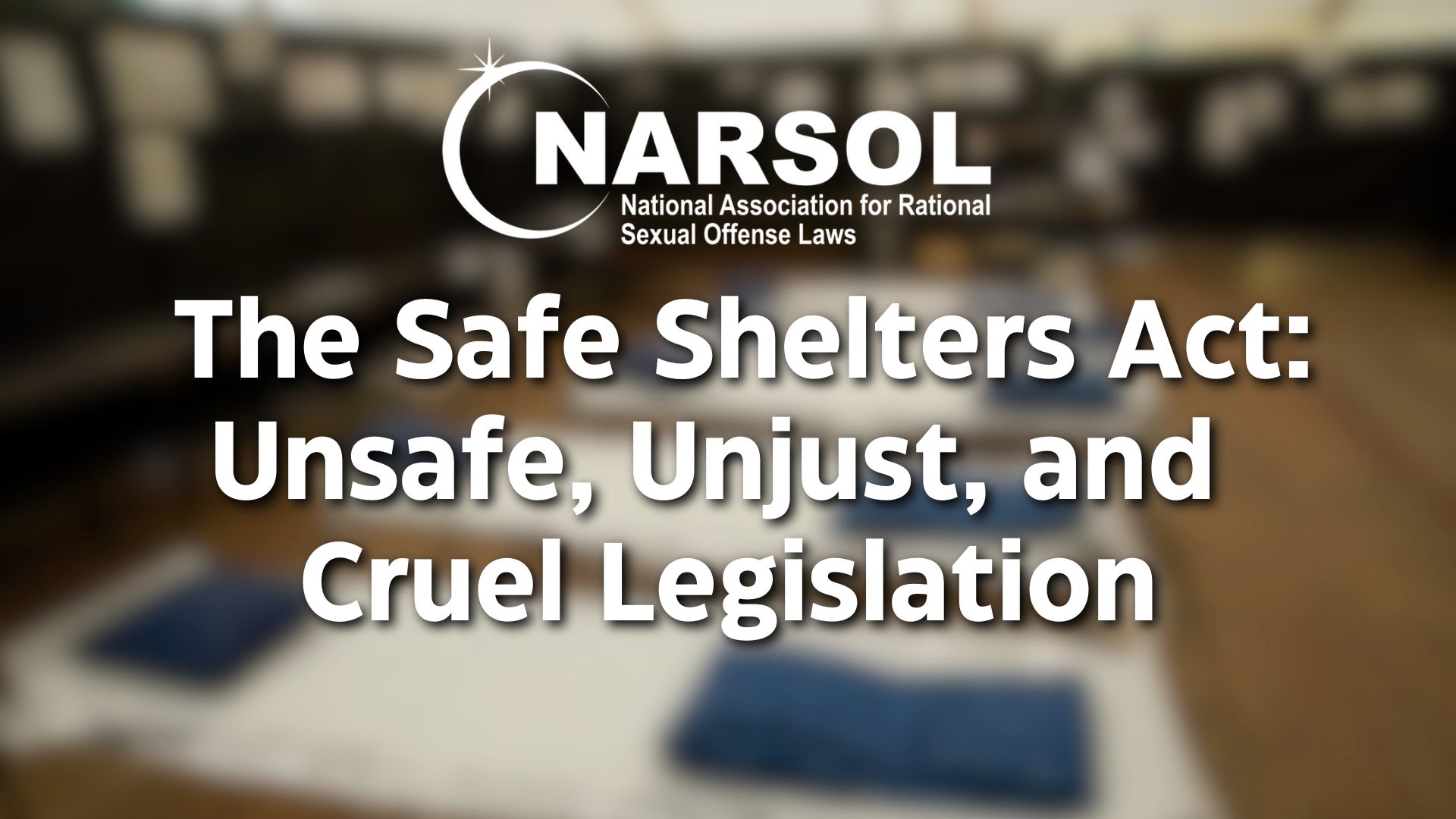CT senator and NARSOL’s CT affiliate work to defeat retroactive inclusion on registry
By Jaden Edison . . . During counseling programs he’s attended throughout adulthood, Aaron Kearney has been told not to let mistakes define him and not to let the past hijack his future. But for a quarter-century, the 52-year-old has worn a label making it burdensome to live up to those ideals: “registered sex offender.”
“The only thing I feel is that I’m just existing. I’m not living,” said Kearney, on a recent windy Thursday at Bridgeport’s St. Mary’s-by-the-Sea, sitting at a picnic bench with the Long Island Sound as his backdrop. “At the end of the day, you should have sentenced me to death.”
The Bridgeport native never imagined that his name would live on the state’s public sex offense registry for the world to see. The Connecticut Mirror could not locate records outlining specific details in his case, but available documents show he was charged in 1997 with third-degree sexual assault for what he describes as assaulting a sex worker. Promptly after, he pleaded guilty and served eight months in prison.
Months following his release, however, Kearney received notification that Connecticut had recently enacted legislation creating the public registry. The new policy, approved during the 1998 legislative session, was retroactive, meaning people convicted of a “sexually violent offense” in the decade prior to the law’s passage would have to enroll.
Whether or not the person had served time, sexually reoffended or posed a serious risk was insignificant under the new law. That wasn’t the end of it for Kearney. The state first required people convicted of a violent sex offense to register for at least a decade, where a court would grant them relief if they could prove they weren’t likely to reoffend. But in 1999, the legislature amended the law, extending the enrollment mandate to a lifetime.



Legislation overlooks the true facts concerning public safety, and the real threat to the public is drugs, alcohol, and domestic violence. If Legislators would take their focus off sexual offenders and research the three threats I listed above
Legislators take time and research you will soon see where the true threat to public safety concerning minor children is. I did and it is frightening
Concerning recidivism the three areas I listed are the the highest and yet it has been proven over and over that sexual offenses are the lowest,open your eyes Legislators and stop this political game
Here all the time about 2nd chances and can’t change the past just the future.Tired of.all those.lies.
My judge gave me a second chance sentence in 1990..guess nobody got the memmo.soo tired.ready to just stop registering and sit in my house with my personal protection I have against my own government.I will protect my life-liberty-and happiness against all who tey to take it
I understand.was convicted in 1990.off parole in 1995.made.to register for life here in virginia